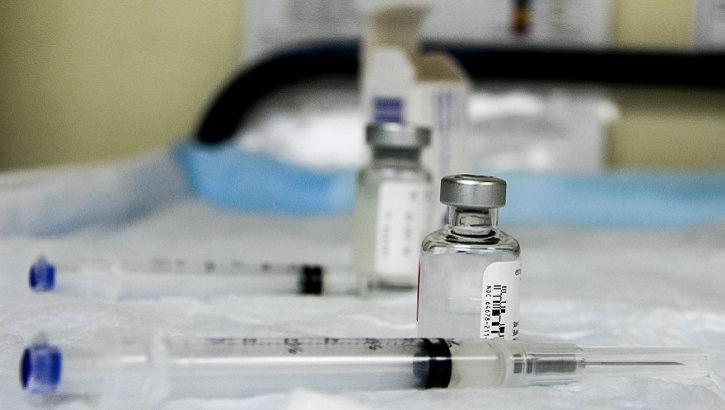New developments in a COVID-19 vaccine have spurred excitement as they represent a glimmer of hope to reach the end of the pandemic.
Pharmaceutical giants Pfizer and Moderna recently announced their new COVID-19 vaccines have passed the final stage of research and development. While this is a step toward ending the pandemic, experts say there is still a long way to go.
There are still a number of things that must be resolved before the time comes to distribute it to the general population. Mays Business School professor Venkatesh Shankar said there are many unknown factors that still surround the distribution of these vaccines.
“These are very important and exciting developments for the alleviation of COVID-19 and the fact that it is being done at a record pace is amazing,” Shankar said. “The details of the speed of development and distribution is unknown right now. The first round of people who receive the vaccine should be anyone on the front line of the healthcare industry and those who are high risk.”
Senior Fellow at the Bush School of Government and Public Service Dennis Carroll said it is still possible to contract the coronavirus even when the efficacy rate of the vaccine is high.
“Both Pfizer and Moderna have reported that their vaccines are 95 percent effective against the novel coronavirus,” Carroll said.“Once someone is vaccinated, they are not immediately immune. It can take 10 to 14 days before the human body has mounted the immune response to amount to the fullest effect of that vaccine.”
When a vaccine is 95 percent effective, it means that when 100 vaccinated people are exposed to COVID-19, it is expected that only five of them will contract the virus, Carroll said.
There are many obstacles that must be overcome by pharmaceutical companies in the race to develop a vaccine. Health policy and management professor Timothy Callaghan said one of the biggest obstacles in the production of a vaccine is getting people vaccinated.
“A big hurdle isn’t just the development of the vaccine but rather that people take it,” Callaghan said. “Studies suggest that up to half of Americans are not going to get vaccinated when it is available and if only half of the public will get vaccinated then we might not have sufficient numbers to reach herd immunity.”
A Pew Research Center study shows many people are hesitant to get the vaccine. Psychology and brain sciences professor Annmarie MacNamara said some reasons people are hesitant range from concerns about the safety of the vaccines all the way to choosing not to vaccinate because of personal beliefs.
“Everyone should get vaccinated regardless of what their own take is; do it for the people around you and your community,” MacNamara said. “Set aside political differences and get in touch with what you know is truly the right thing to do.”
A&M School of Public Health professor Angela Cledenin, Ph.D., said she believes the rate at which both Pfizer and Moderna have developed their vaccines should not be a deterrent to vaccinate if they are made available.
“It is important to emphasize the rigor of vaccine production and that people do not have to worry about how quickly this was made,” Clendenin said. “This is going to be a game changer in our ability to get back to normal, but it only works if there are enough people that take the vaccine.”
Pfizer, Moderna COVID-19 vaccine pass final stage of research, development
November 23, 2020
Photo by Creative Commons
Vaccines
Donate to The Battalion
Your donation will support the student journalists of Texas A&M University - College Station. Your contribution will allow us to purchase equipment and cover our annual website hosting costs.




















